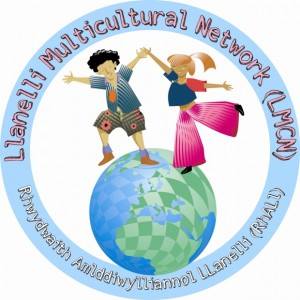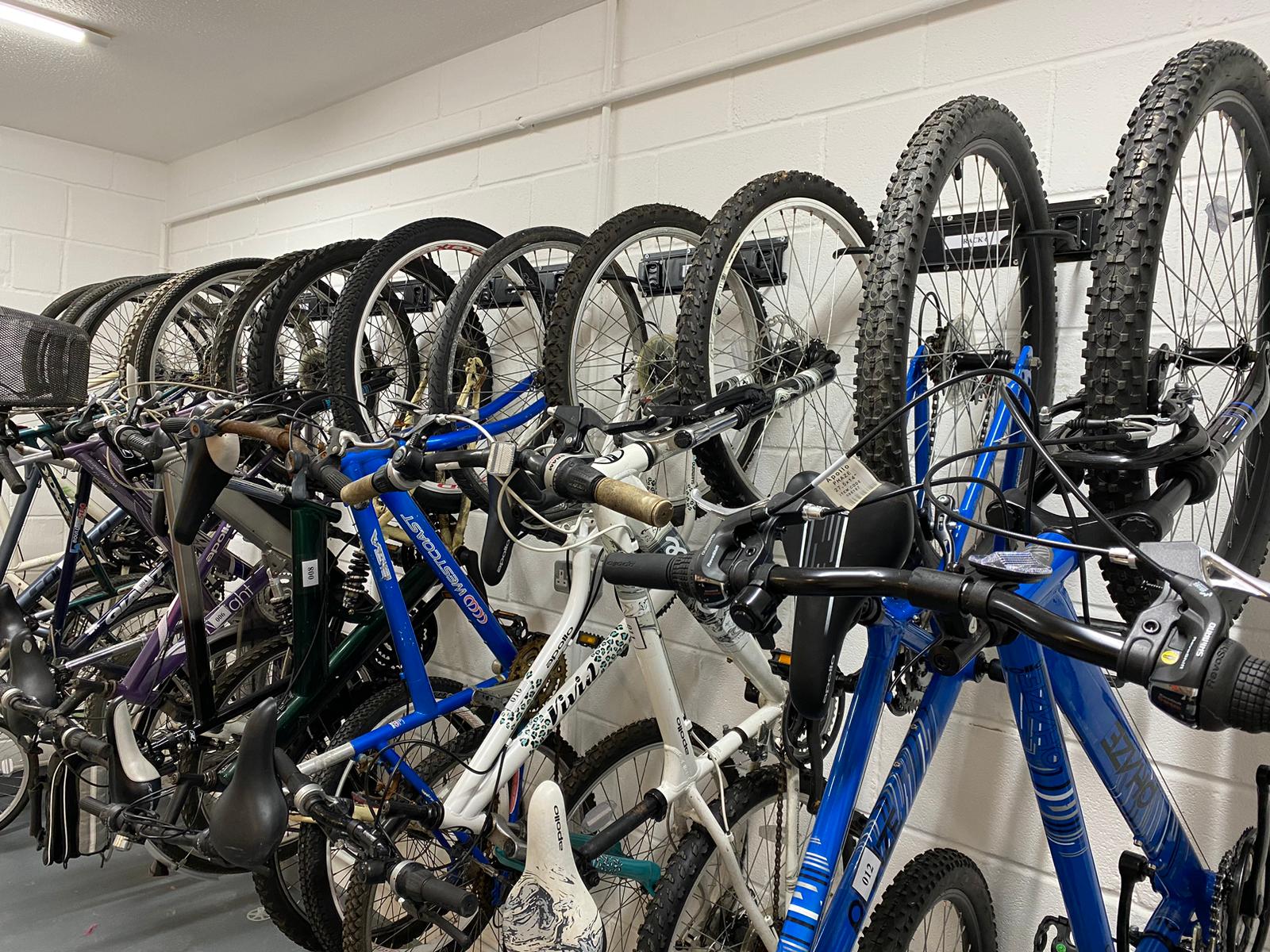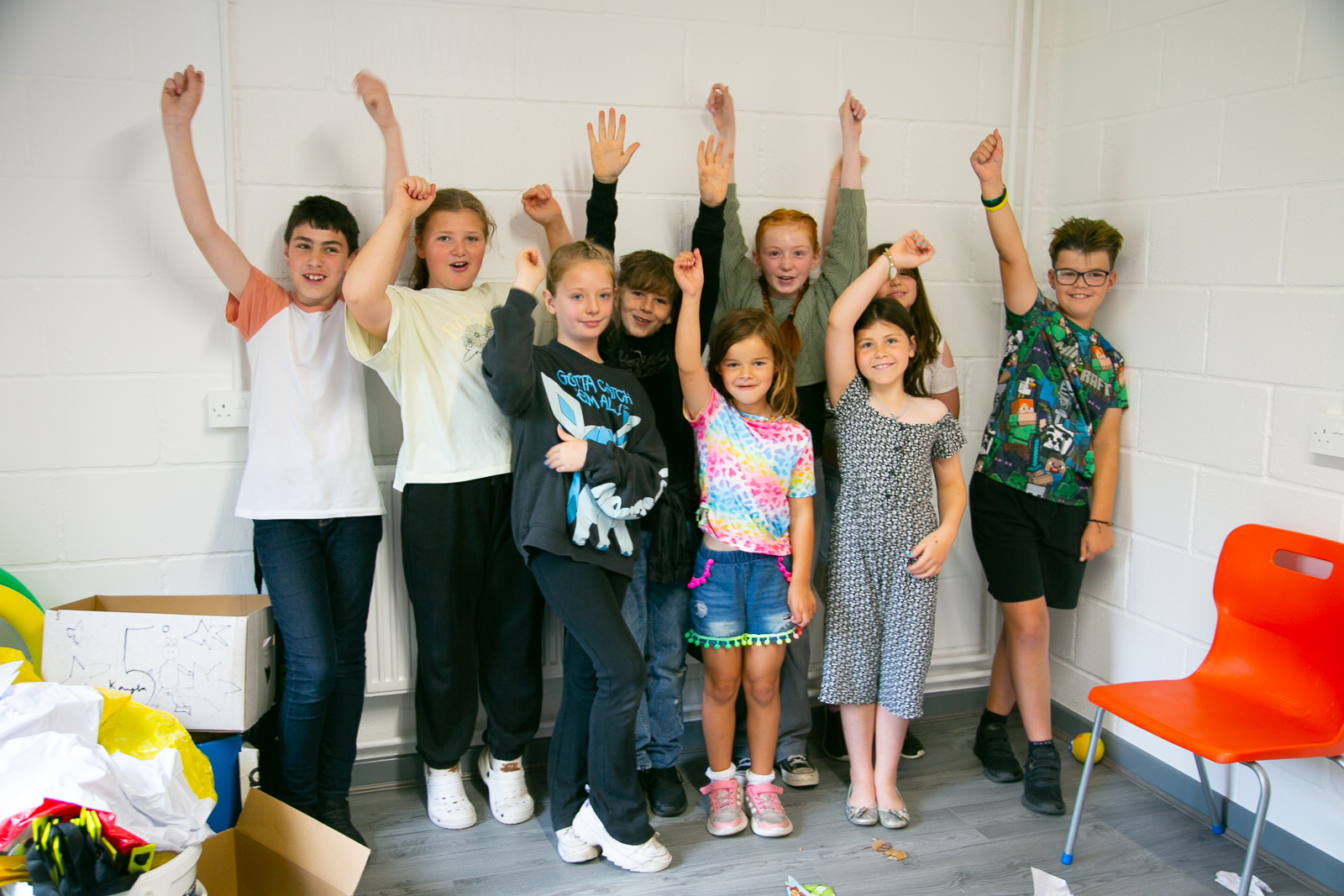As with any sector, cross-sector, joint working practises and connections can be incredibly helpful and important. This is even truer for the third-sector as these connections can often prove vital not just for the initial work of projects but also for the sustainability and longevity of organisations in the sector.
Cross-sector work should be encouraged across all types of organisations however, today’s focus is specific to engaging schools. These ‘tips’ have been invaluable in our joint work at Foothold Cymru and schools across Carmarthenshire.
Top Tip #1 – Alternative Spaces
Oftentimes, something as simple as providing an alternative ‘space’ for young people to go to can be a huge bonus for schools. For many schools, and young people within them, being able to access, attend and use spaces outside the normal school environment can be highly beneficial.
Recently we’ve been running numerous workshops around cooking, money management and employability. Through enabling access to a kitchen and other room space on our premises we’ve noticed young people’s engagement has improved; their attention and focus has increased and their enjoyment of the workshops has been amplified. Schools themselves have welcomed this alternative provision as it has assisted in many practical matters including room bookings and available facilities as well as giving them opportunities to further link in with communities they are based in and support.
Top Tip #2 – Additional Opportunities
Promoting and supporting additional opportunities beyond the initial project can be an excellent way of engaging with and working alongside schools.
Often times we’ve connected with a school for a specific, young person-based project. However, through running the sessions, meeting the young people and engaging in conversations with school staff and the wider school community we’ve been able to provide even more opportunities. In the first instance, this has provided additional projects and opportunities for the young people in the schools. Beyond this, we’ve been able to provide opportunities for the whole family through additional projects including food resilience projects and a communal garden.
We’ve been able to offer additional opportunities such as projects and events happening outside of traditional school hours as well as outside school settings (see Top Tip #1). Through these on-going conversations we’ve also been able to link individuals and groups with the wider work we offer as an organisation and provide specific signposting and advice to other relevant voluntary organisations – again growing and developing our networks!
Top Tip #3 – Youth Work
Schools and educational settings are very busy places with hundreds of staff members each playing a key part, we have found school-based youth workers (SBYW) to be an excellent resource to connect with when bridging the gap between our organisation and projects and young people in schools. These SBYW’s are not only in prime position for connecting with and identifying the needs of young people, but they are often the embodiment of what it means to be a ‘youth worker’ - this is a vital element when engaging with young people.
The role of a ‘youth worker’ is very distinct and unique to other roles, not only in a school context but in every situation involving a young person. The heart of youth work is young people – this may seem obvious and simple but in reality this involves a subtle but remarkable skillset and mind-set. When youth workers utilise youth work skills, practises, behaviour and thought processes something as simple as a game of pool, a cooking session or conversation about volunteering because so much more. Repeatedly these things have become the starting base for deeper, wider and more pivotal conversations which could not be held otherwise.
Top Tip #4 – Flexibility and Patience
Working within the voluntary sector means we’ve all developed copious amounts of patience and flexibility in all sorts of areas! Whether it’s writing, editing and adapting funding bids; waiting to hear back from the latest submission; or general everyday things like arranging meetings, organising young people and volunteers or trying to manage our own diaries – flexibility and patience is key.
These skills are also key for those involved in the education sector, specifically schools. Regardless of the school you’re contacting, it’s likely they have hundreds, if not thousands, of young people to care for, safeguard and support. In addition to that, they’ve got a whole payroll of staff members working in different remits and to different extents. When you add in communicating with parents; running additional, out of school opportunities; attending various meetings and managing the day-to-day, inner workings of an educational environment time soon disappears.
By acknowledging these unique demands, we as a third-sector should extend the flexibility and patience we show within our own organisations to the schools we’re connecting with. Time and time again, we’ve found that by offering an element of flexibility and exhibiting patience our connections with schools has been strengthened and they’ve been equally quick to extend these same graces back.
Top Tip #5 – On-Going, Long-Term Relationships
Closely linked to Top Tip #4, is the development of long-term, on-going working relationships. I think we would all agree that a lot of hard work, energy and effort is expended in all aspects of the projects in which we work, but this is especially true of the initial setting-up period. Initiating those first calls and emails; arranging project start meetings; or opening a dialogue with a new school can take a lot of background work. Unintentionally, we sometimes forget this later down the line when funding comes to an end and we move onto the next project.
By developing a longer-term perspective with schools and their potential involvement for future projects we can help build sustainable, lasting relationships which are mutually beneficial for years to come. We can cultivate these healthy interactions in many ways including; (1) maintaining on-going contact with school representatives; (2) finding out what individual schools are focussing on, as well as informing them of updates and changes in our own organisations; and (3) consulting and involving them ahead of funding bids and projects.
Over the last year alone, we’ve found maintaining contact with schools through a named representative(s) has enabled us to achieve things which would have been incredibly difficult without these pre-existent relationships. We’ve been able to meet, and often exceed, our project targets; we’ve been able to offer further projects and support for both young people and their families which has helped the community as a whole; and we’ve been able to offer unique opportunities
In conclusion, these ‘tips’ do require effort and commitment from both the third-sector and from the schools we’re engaging with BUT it’s worth it – we as an organisation and the schools we’ve had the privilege to work with can testify to that!


